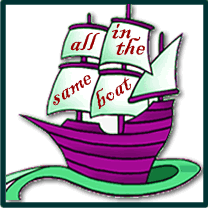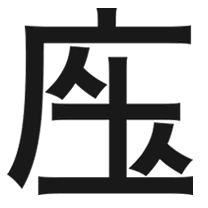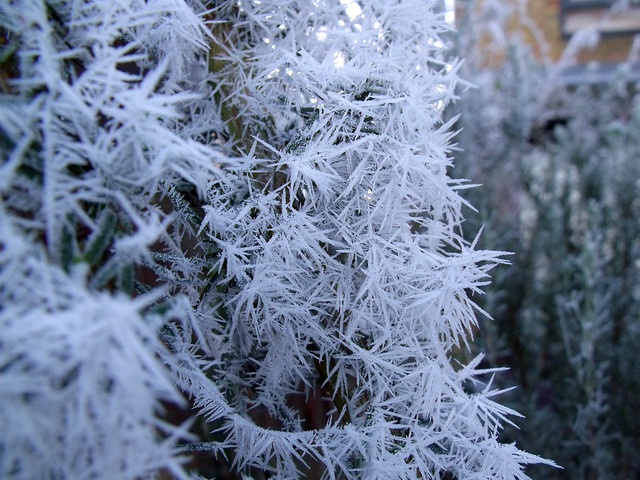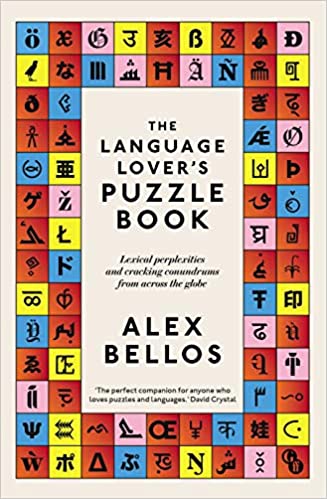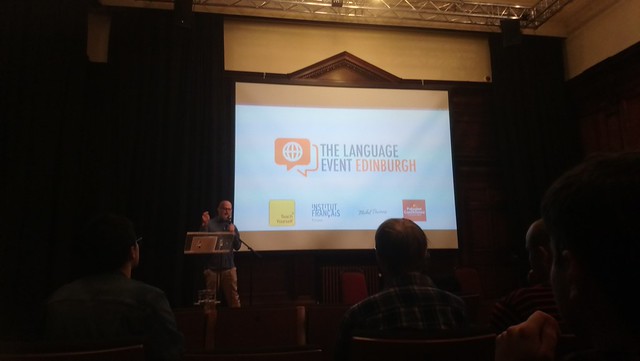Today we have a guest post by Taylor Tomita
Every year millions of people decide to learn a new language. Some do it as a hobby, while others brush up on their language skills before setting off on a travel adventure. And for many, learning a second tongue is the first step toward a brighter economic future.
So what are the most popular languages to learn? WordTips decided to find out. Its researchers created a map of the languages people are learning in every country across the globe. Here’s a closer look at their findings.
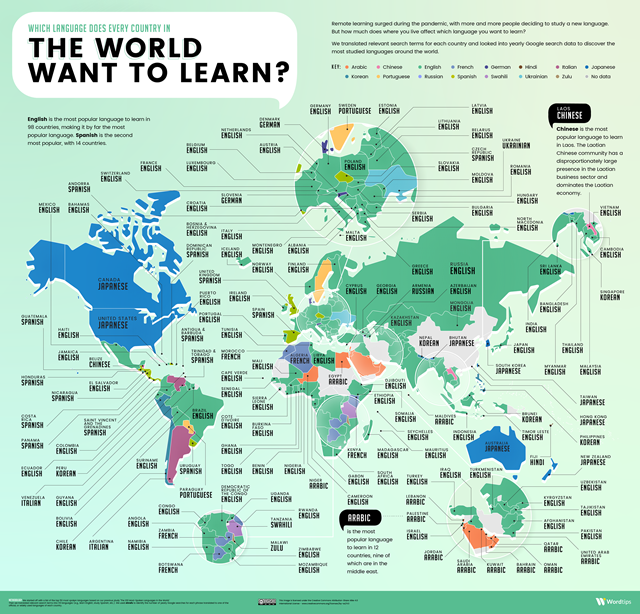
You can find a large version of this map, and maps for each continent at: https://word.tips/multilingual-world/
North America
English and Spanish are among the most popular choices for second language learners in the USA. This is due to the USA’s large migrant population and its proximity to South America, where Spanish is widely spoken. But Japanese is the top choice for US and Canadian language learners. Japan has long-standing economic and cultural ties with both countries. North Americans account for 2.5% of all foreigners currently living in Japan.
South America
English is the top language to learn for people in six South American countries, including Brazil, Ecuador, and Columbia. People in Peru are more interested in learning Korean. It’s a strange choice, given the geographical distance and cultural disparities. But young Peruvians are crazy for K-Pop! Concert tours sell out within hours, and Korea’s biggest pop stars are welcomed by huge crowds whenever they step foot in the country.
Europe
English is the number one language to learn in over 30 European countries. In fact, it’s the top choice in all but seven European countries. The nations bucking the trend include Denmark and Slovenia, where German comes out on top. Portugal is a popular retirement destination for wealthy Scandinavians, explaining why so many Swedish people are learning to speak Portuguese.
Middle East and Central Asia
Learning English is especially popular among unemployed or poorly paid workers living in Middle Eastern and Central Asian countries. Speaking English proficiently is often a ticket to higher-paid jobs in the tourism industry. It’s also a vital skill for those who want to work in education, finance, or government. A recent survey found that English speakers from Iraq earn up to 200% more than those with no English language skills.
Asia and Oceania
English is the second language of choice for people living in Asian countries that attract a large number of western tourists, including Thailand and Vietnam. Oceania’s English-speaking countries (New Zealand and Australia) are interested in learning the native tongue of their closest neighbor, Japan.
Africa
Millions of Africans are increasing their economic opportunities by learning two of the world’s most important lingua francas, English and French. These languages are important for Africans who want to work in travel, tourism, or the booming tech sectors driving economic growth across the continent. The widespread adoption of European languages is a sign of Africa’s troubled colonial past. Thankfully, many Africans are ensuring their native languages are never forgotten. Zulu is the most popular language to learn in Malawi, while Swahili is the number choice for those living in Tanzania.
Learning a new language is fun and empowering. It also helps create a greater sense of global community. And that only can lead to better things for everyone.





